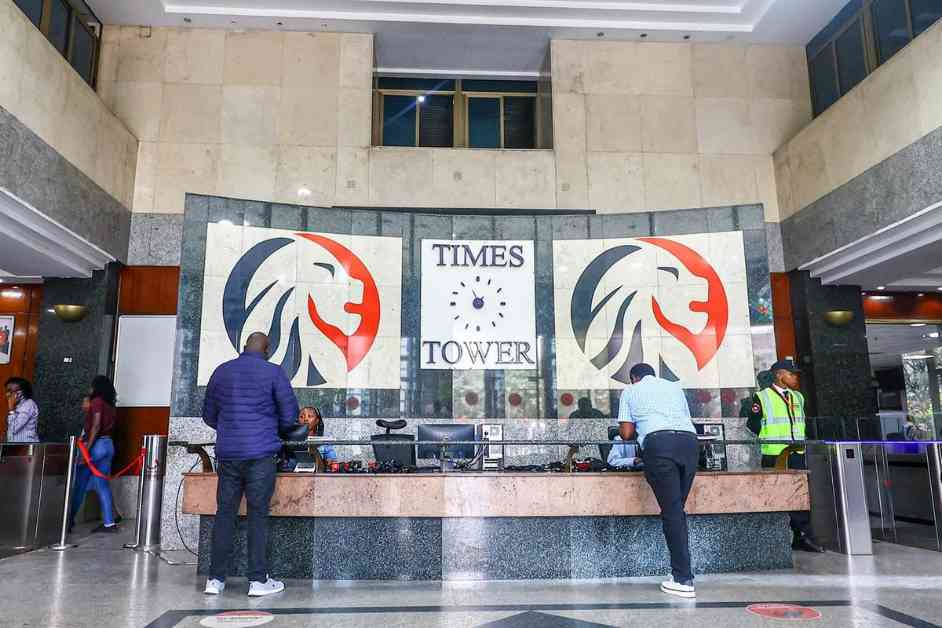The Kenya Revenue Authority (KRA) has recently implemented a new system that integrates with banks, money remittance firms, and payment service providers like M-Pesa to enhance transparency and efficiency in tax collection. This move aims to crack down on tax evasion and increase revenue by billions of shillings.
Under the new system, telecommunications firms and banks are required to provide detailed information about financial transactions, including names, addresses, values, and reasons for payments. The KRA is particularly focused on transactions related to goods and services, consultancy services, commissions, and royalties to prevent under-declaration of income.
President William Ruto’s administration has intensified efforts to combat tax evasion, especially after the withdrawal of this year’s Finance Bill following protests that resulted in casualties. The KRA is now actively pursuing tax cheats by leveraging data from various sources, including bank statements, import records, and utility bills.
While the government’s initial plan to access sensitive personal data without a court warrant was halted, the KRA continues to explore ways to enhance revenue collection through digital platforms and partnerships with financial institutions. By integrating with commercial banks, payment service providers, and mobile money platforms, the taxman aims to track taxpayers’ activities more effectively.
The KRA’s enforcement unit has been utilizing data from multiple sources to identify suspected tax evaders, including individuals who own high-value assets but pay little in taxes. By leveraging technology and data analytics, the taxman hopes to narrow the gap between revenue targets and actual collections.
In light of recent developments, taxpayers are advised to ensure compliance with tax regulations and accurately report their income to avoid penalties or legal action. The government’s crackdown on tax evasion underscores the importance of transparency and accountability in financial transactions to support national development initiatives.
As the KRA continues to implement measures to strengthen tax collection and combat evasion, stakeholders are encouraged to cooperate and adhere to regulatory requirements. By fostering a culture of tax compliance and integrity, Kenya can enhance its revenue base and support sustainable economic growth for the benefit of all citizens.

